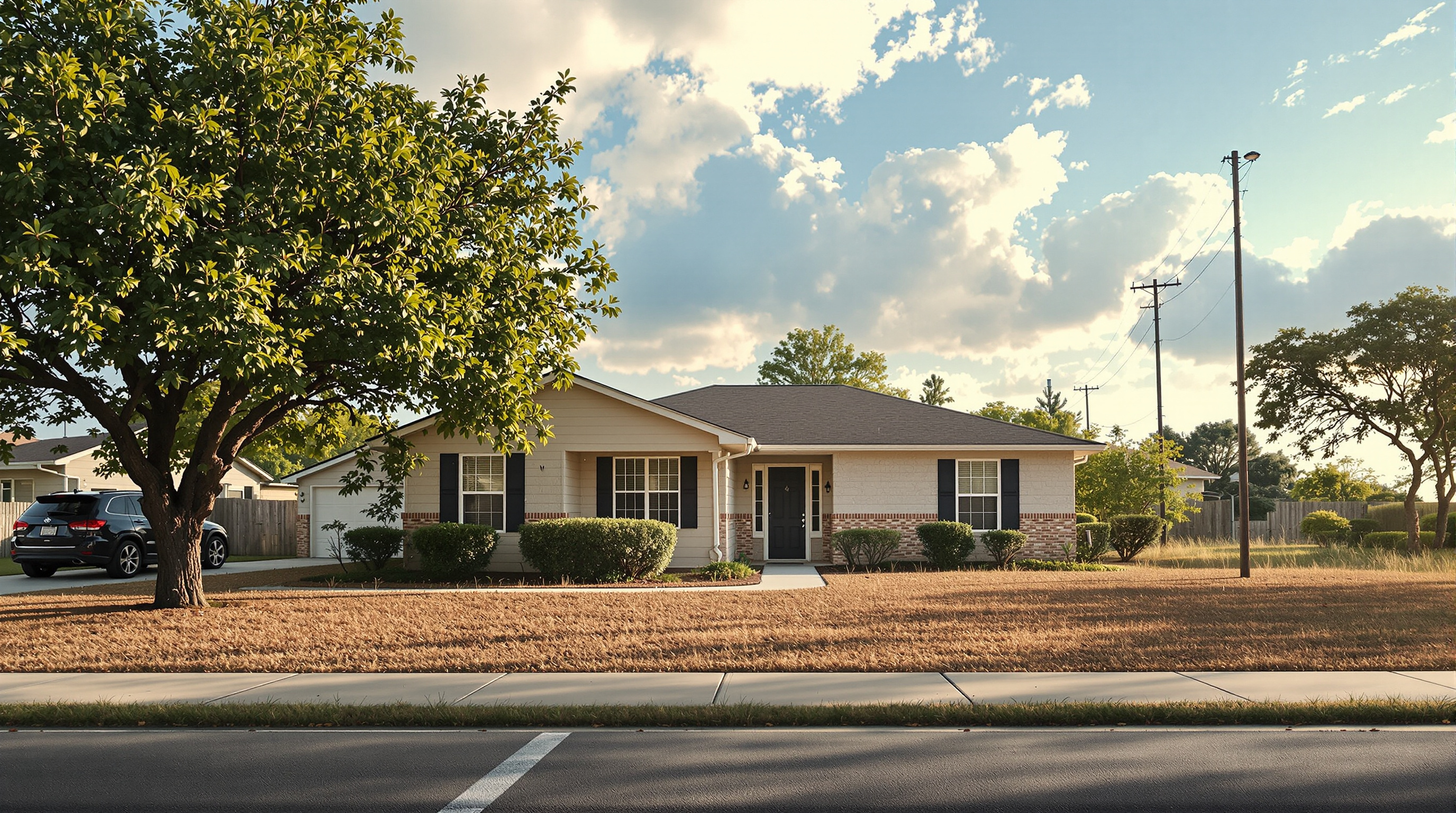Learn what earthquake insurance coverage includes and what types of plans are typically available. While not every earthquake will harm your home or business, it is a good idea to plan for potential property damage from the sudden shaking of the ground by purchasing earthquake insurance.
How does earthquake insurance work?
Earthquake insurance is typically excluded from standard homeowners and renters policies. It can be purchased as an add-on to homeowners or renters insurance or as a separate policy.
It typically will cover costs up to the same amount as your homeowners’ insurance coverage amount, minus the deductible, which is usually 10 percent to 20 percent of the coverage limit.
Can you write off earthquake insurance?
Earthquake insurance premiums typically cannot be written off on income taxes.
Does FEMA cover earthquake insurance?
Earthquake insurance cannot be purchased from the Federal Emergency Management Agency (FEMA). Private insurance companies offer earthquake insurance as an add-on to homeowners or renters policies or it can be purchased separately.
What does earthquake insurance coverage include?
Coverage varies by policy, but earthquake insurance usually covers the cost to repair damage to your house and personal belongings inside your home resulting from an earthquake. It also will cover additional living expenses if you need to relocate while the area is evacuated or the home is being repaired.
What does earthquake insurance not cover?
Note that earthquake coverage usually excludes damage or losses from a flood or tidal wave, even if it results from an earthquake. Policies should be read closely to determine whether additional flood insurance should be purchased. Further, an earthquake policy might not include coverage for structures on your property -- such as a detached garage -- landscaping, or a pool.
What is typically included for CRE earthquake insurance?
Commercial real estate earthquake insurance typically covers damage to your building and business property such as inventory and equipment. It also might cover the loss of income caused by the earthquake.
Coverage will begin when the damage exceeds your policy’s deductible, which is the amount you pay out-of-pocket before insurance pays. Deductibles are determined in part by a property’s age, location, and condition.
Earthquake coverage is not usually part of a general business insurance policy and must be purchased separately. Some building upgrades may be required before earthquake insurance is provided. For instance, a property might need to be bolted to its foundation.
Is earthquake insurance worth it?
Earthquakes can strike suddenly and cause extensive damage. People in 42 states are at risk of an earthquake occurring, according to the Insurance Information Institute.
Since standard homeowners and business insurance policies do not include earthquake insurance, you should consider purchasing earthquake coverage to protect your assets.
Natural disaster insurance
A natural disaster can include events such as a hurricane, tornado, wildfire, flood, ice storm, windstorm, hail, or earthquake.
Make sure to discuss what is covered under your policy with your insurance agent. Insurance coverage for these types of events will vary by policy, but flood and earthquake coverage is generally not covered by a homeowners policy. Also, check to see how high deductibles are and what coverage is excluded from your policy.
What to do if your home or business is destroyed by an earthquake
Funding from federal and state programs may be available if an earthquake destroys your home or business, but it will depend on the situation and on the program’s eligibility criteria.
Generally, following an earthquake, you should notify your insurer of the property damage. You also should survey your home or business and document the damage. Take photos or videos to secure a visual record for any insurance claims. Your insurance company also might want to send an inspector to note the damage. You also might consider hiring an independent inspector to assess the damage and costs.
Utility companies also should be contacted so they can turn off water, gas, phone, and electricity lines at the property.
What happens if you don’t have earthquake insurance?
Earthquake insurance is not required by law, but you should consider purchasing insurance to protect your assets. Repairing or rebuilding a property damaged by an earthquake likely will be more expensive than purchasing insurance protection.
Earthquake insurance is not covered in standard homeowners or business policies, so it is a good idea to consider purchasing additional insurance to best protect your assets.
Learn more about earthquake insurance policies as well as other important landlord insurance terms in our dedicated insurance glossary.







